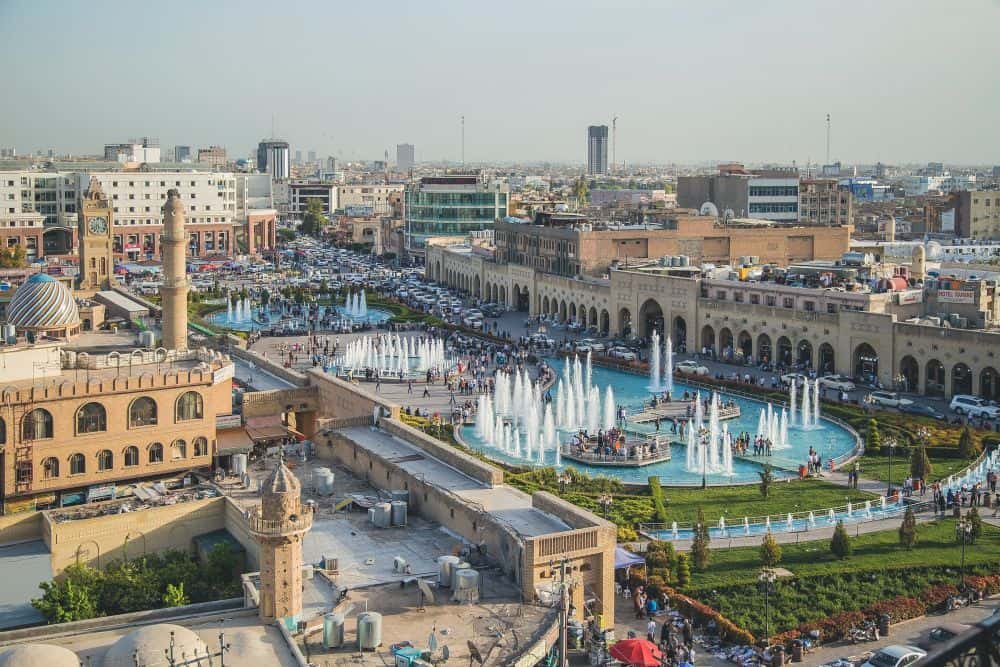The university, located in the capital of Iraqi Kurdistan under the licence of prime minister Masrour Barzani, has the capacity for 8,000 students in the first six years and is the premier university in the Middle East to offer direct British degrees.
University of London vice chancellor professor Wendy Thomson said it was a “great honour” to attend the opening ceremony of BIU on September 7, alongside prime minister Barzani, the UK’s Lord Boateng and senior BIU staff.
“This is the first international university in Iraq, and I’m delighted that University of London courses are part of its educational offer. Universities like BIU are making a major contribution to the future of young people in this region,” said Thomson.
The purpose-built campus, covering 1,500sq ft, has dedicated student accommodation to cater for students from Iraq and the wider region, with the expectation that most students will come from international schools in the region.
These students, after completing a level 3 award, traditionally apply to universities in Europe, America or Australia.
However, due to the increasing challenge of obtaining visas and the cultural shift since Covid towards students in Kurdistan staying within the region, more are seeking internationally recognised programs delivered closer to home.
Universities like BIU are making a major contribution to the future of young people in [Iraqi Kurdistan]
Wendy Thomson, UOL
Though BIU was officially opened in September 2024, the first cohort of students were actively studying on the University of London’s international Foundation program (IFP) last year and are now commencing their undergraduate studies.
BIU is currently approved to offer the IFP and BSc Business Administration qualifications, offering programs from the University of London and the University of Surrey.
“Here we aspire to empower minds, cultivate cultural understanding, and foster a community that transcends borders,” said Eleanor Andressen BIU vice chancellor, adding that the university’s “state-of-the-art facilities” would “redefine” education in the region.
In recent years Iraq’s higher education sector has been severely damaged by recurrent conflicts, but the government policy of establishing a university in each governorate has led to the creation of several new universities.
As stated on its website, BIU aims to “close the gap that currently divides access to world class higher education, guided by UOL’s “rich history and pioneering spirit”.
“Our long-term strategy is guided by the need to develop 21st century skills and commitment to the ethos of the UN Sustainable Development Goals,” it continues.
“Universities like BIU are making a major contribution to the future of young people in this region,” a UOL spokesperson told The PIE News, highlighting the opportunities for individual and societal advancement and the pivotal role of higher education in sustainable development.
Thank you for taking the time to read this article! I hope you found the information insightful and helpful. If you enjoyed this type of content, please consider subscribing to our newsletter or joining our community. We’d love to have you! Feel free to share this article with your friends and family, who might also find it interesting.

Experienced writer and academic Isha Kamboj joins our team, sharing her expertise in education and training. With a post-graduate degree in Media Communication, she offers valuable insights into the latest trends and best practices in the field. Exciting addition to our website’s content.
